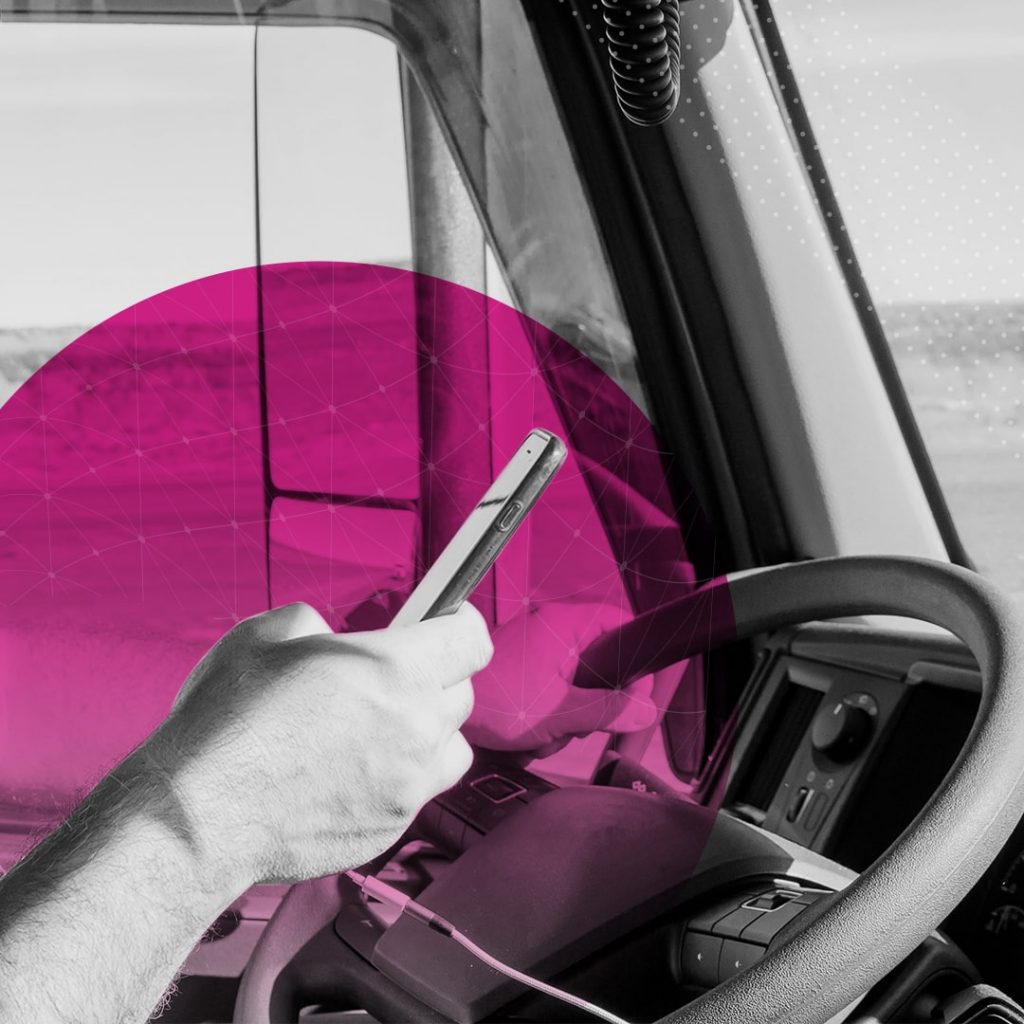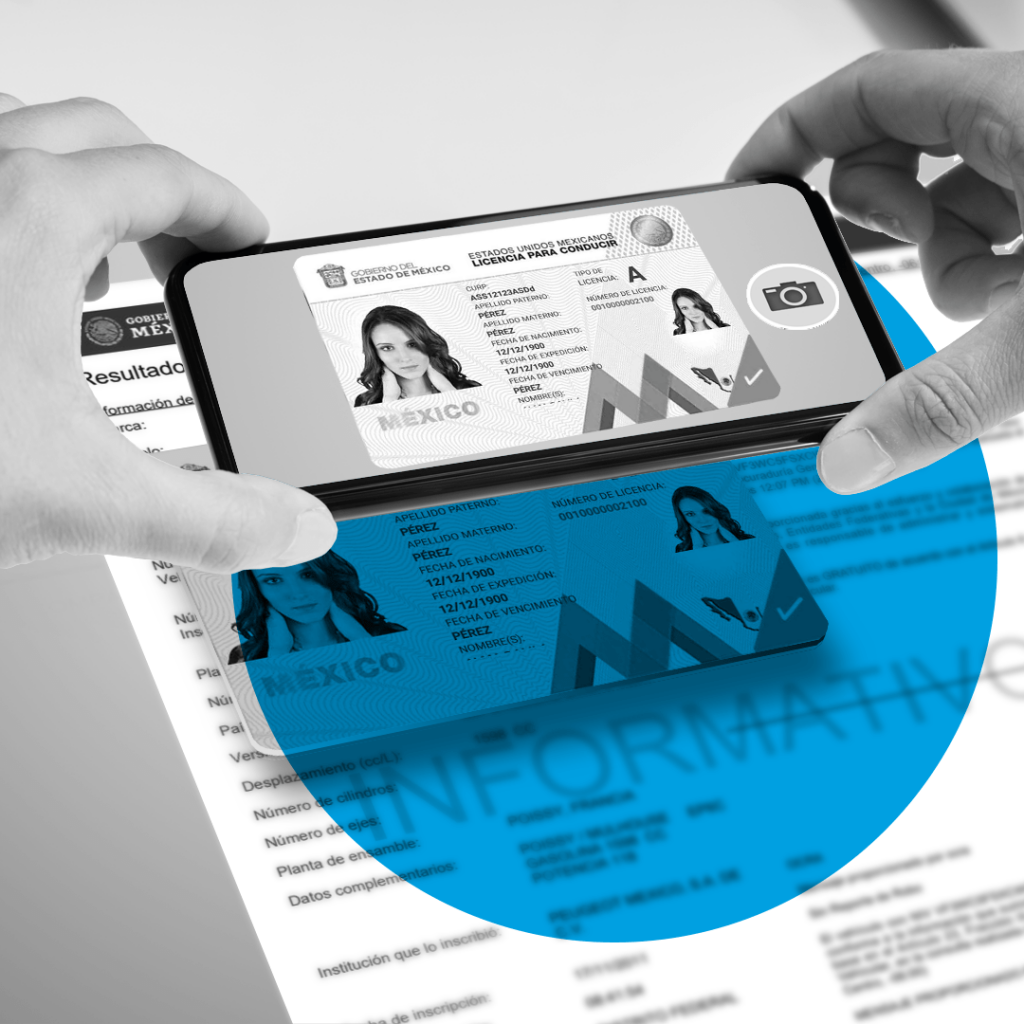- Transportation apps adapt to the new normal
- Security breaches generate distrust
- Biometric validation a key step in security
- Legal framework compromises digital acceleration
- Security: The challenge of mobility apps
Transportation services through a mobile application are growing in popularity, not only in the number of users who prefer to move away from mass options, but also in the number of service providers, which in times of pandemic has served as self-employment for many people.
Whether transporting passengers, couriers or taking food from a restaurant to a home, the number of operations of these apps is growing and so are the security measures; however, crime has already wreaked havoc with these companies despite the efforts and security filters implemented.
Security breaches generate distrust
Security in transportation platforms is fundamental for the trust of users, but unfortunately in a country like Mexico this is not always the case. By the end of 2020, 457 investigation files had been opened against crimes committed by drivers of these apps, according to a report by the National Council of Private Security published by Forbes.
Many crimes could be avoided by validating the identity of both the service provider and the passenger or buyer. So far, we assume that whoever is carrying the mobile device is who they say they are.
Crime has penetrated the filters of companies to register as service providers and identity theft fraud is the constant, the security measures implemented, increase as gaps or areas of opportunity are detected in transportation applications, such as emergency buttons connected directly to 911, tracking trips by friends or family, audio and video recording of registered trips, anonymous contact phone or scanning systems risk areas. The problem is that they quickly become insufficient.
Biometric validation, the key to fighting crime
Transportation companies invest thousands of dollars in technology research and development. Biometric validation is an important security step for everyone involved in the service.
Some apps already ask their drivers for a face recognition that is checked against the application’s database to unlock the system that allows them to start their workday but does not allow them to validate the user they are serving, not to mention that in times of pandemic, it is required to board the units with face masks.
Biometric validation is essential for user confidence, which is why companies like ReconoSER ID offer extra validation services that not only focus on biometrics of people with face scanning and proof of life. They add to their products extra solutions for the validation of documentation and license plates that are checked against the RENAPO and REPUVE databases.
A correct implementation of biometric validation will help boost the transportation industry in the digital era, benefiting companies engaged in moving goods, people, logistics, last mile, on-demand cabs, vehicle purchase and sale, freight and even the insurance industry.
Legal framework compromises transportation apps
An adequate legal framework will help to improve trust in these business units that, despite the security breach, continue to be preferred by users.
Recently, the world’s most popular passenger transportation app suffered the worst digital attack ever known; 57 million accounts were compromised by criminals who managed to access the system codes with employee passwords.
This precedent will be marked for transportation apps, where they will have to do the impossible, so that users’ bank details or home addresses are not exposed.
The legal framework, as in financial institutions, must support public confidence in the service with extra measures such as biometric validation that are mandatory for each of these applications.
Security: The challenge for mobility apps
A correct biometric validation would improve security for these companies, not only in digital matters, but also against end-user crimes.
It is essential to redouble efforts in the established protocols, the National Council of Private Security has already recommended to the most popular apps to strengthen security measures in cases of harassment and gender violence that continue to grow dramatically in these platforms.
It is no longer enough to know the name and license plates of the car in the transportation app, the user and service provider will have to obtain more information to add layers of security for the benefit of the business.
Biometric validation is the future and the great challenge for transportation platforms, in coordination with the government and with the right legal support that allows fintechs to take full advantage of digital acceleration without compromising the security or personal information of their users.
By Alfredo Gutiérrez Bayardi
Bibliography
Ana Karen García. (2019). Uber, Cabify o Didi son 6 veces más seguros que los taxis, muestra encuesta. 2022, de El Economista Sitio web: https://www.eleconomista.com.mx/empresas/Uber-Cabify-o-Didi-son-6-veces-mas-seguros-que-los-taxis-muestra-encuesta-20190721-0005.html
Arturo Ordaz Díaz. (2020). Ante violencia de género, recomiendan mejorar protocolos de seguridad en apps de transporte. 2022, de Forbes México Sitio web: https://www.forbes.com.mx/noticias-mejorar-protocolos-seguridad-apps-transporte-violencia-genero/
Mariana Ramos. (2020). Más seguridad de DiDi: la app de transporte incorpora grabación de audio y monitoreo de viaje. 2022, de Marketing 4 ecommerce Sitio web: https://marketing4ecommerce.mx/mas-seguridad-de-didi-la-app-de-transporte-incorpora-grabacion-de-audio-y-monitoreo-de-viaje/
Susana Galeano. (2019). Se refuerza la seguridad en DiDi: implementa verificación por reconocimiento facial a sus conductores. 2022, de Marketing 4 ecommerce Sitio web: https://marketing4ecommerce.mx/seguridad-en-didi-verificacion-reconocimiento-facial-conductores/
Carla Martínez. (2019). Cómo identificar funciones de seguridad en apps de transporte. 2022, de El Universal Sitio web: https://www.eluniversal.com.mx/cartera/como-identificar-funciones-de-seguridad-en-apps-de-transporte
Silicon Week. (2020). Ataque a Uber: los expertos en seguridad analizan el caso. 2022, de Silicon Week Sitio web: https://www.siliconweek.com/security/ataque-uber-los-expertos-seguridad-analizan-caso-91656?print=print




